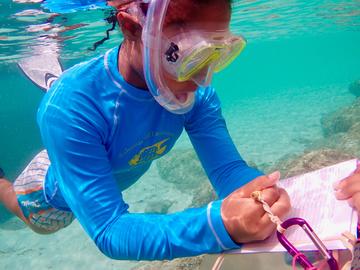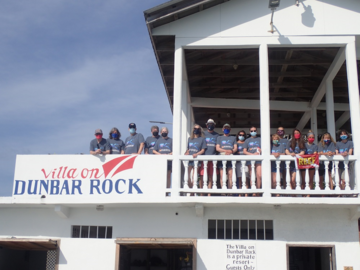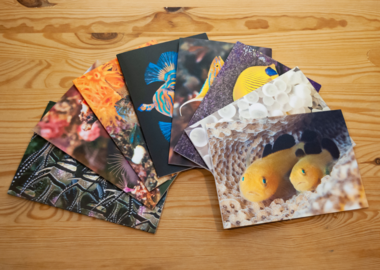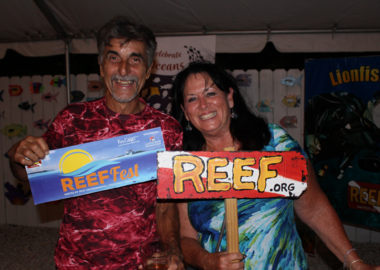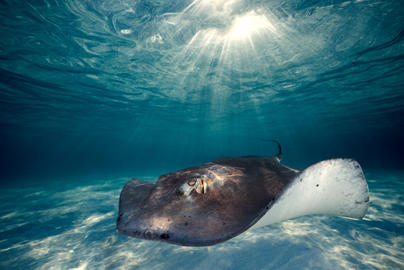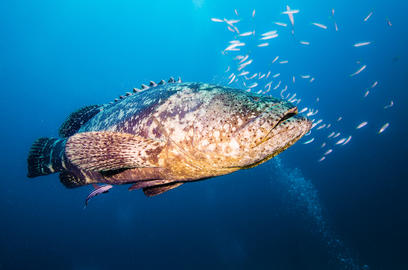Welcome to the Citizen Science Corner, our quarterly feature to acknowledge those who recently reached a milestone in our Volunteer Fish Survey Project. We are celebrating those who moved up an Experience Level or who achieved the 2021 Super Surveyor Challenge in April, May, or June 2021.
Predation by the invasive Indo-Pacific lionfish impacts native fish populations within the Caribbean region and threatens to expand further into Brazil and the Mediterranean. Identifying the range-restricted native fish species with high predation vulnerability in these areas ahead of the invasion front combined with the knowledge of the time a lionfish population typically takes to reach dangerously high densities could help conservation planners attain positive outcomes and reduce biodiversity loss.
Four-day Florida Keys event includes diving, snorkeling, kayak tours, ocean seminars, and socials
This paper evaluates population trends in Giant Pacific Octopus (GPO) in the Pacific Northwest using REEF Volunteer Fish Survey Project data and other data sources. The authors found large changes in GPO abundance linked to average water temperatures. GPO sighting frequencies ranged from a high of 39% to a low of 11%. For every additional degree increase of 4-year average temperatures, the Puget Sound GPO sighting frequency dropped about 19 points. That’s a loss of roughly 75% of typical diver sightings for every degree C.
Earlier this spring, we hosted our first Field Survey Trip of 2021. Sixteen REEF surveyors traveled to the remote Caribbean island of Guanaja, part of the Bay Islands of Honduras, to enjoy a week of diving and fish surveying at Villa on Dunbar Rock, an amazing resort with 360-degree views of the ocean. The results from the trip were recently processed into REEF's database, adding to the survey count for the largest marine life sightings database in the world. Altogether, the group conducted 236 surveys at 16 sites and recorded 228 different species.
This summer, we’re celebrating all the ways we are making a difference for the oceans together, through citizen science, education, and research. REEF’s work is only possible with support from ocean stewards like you. We are thankful that for many years, three amazing foundations have provided matching funds to support REEF’s conservation programs. They are continuing their tradition of generosity this summer - now through August 8, all donations up to $70,000 will be matched! This means your contribution will go twice as far for marine conservation.
REEF Fest 2021 registration is now open! We hope you will join us for our annual four-day celebration of marine conservation on October 14-17 in beautiful Key Largo, Florida. REEF Fest 2021 features a fantastic lineup of ocean seminars and educational workshops, fun evening social events with plenty of food and drinks, and opportunities for diving, snorkeling, and kayaking. Most REEF Fest events are free to attend, but pre-registration is requested. For complete event details and registration, please visit www.REEF.org/REEFfest.
You're invited to join in REEF’s 2021 Underwater Photography Contest! The 2021 contest features five categories: fish portrait, macro, invertebrates, REEF themed, and reefscape/habitat. Participants may submit up to three photos in each category.
Growing up to eight feet long and weighing more than 800 pounds, the Goliath Grouper (Epinephelus itajara) is one of the largest grouper species in the world. Goliath Grouper are considered Critically Endangered by the International Union for the Conservation of Nature (IUCN) and have been protected from harvest in US waters since 1990, after decades of heavy fishing caused a near extinction of the species.

